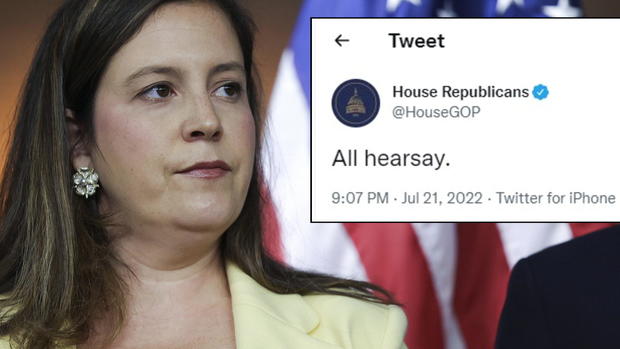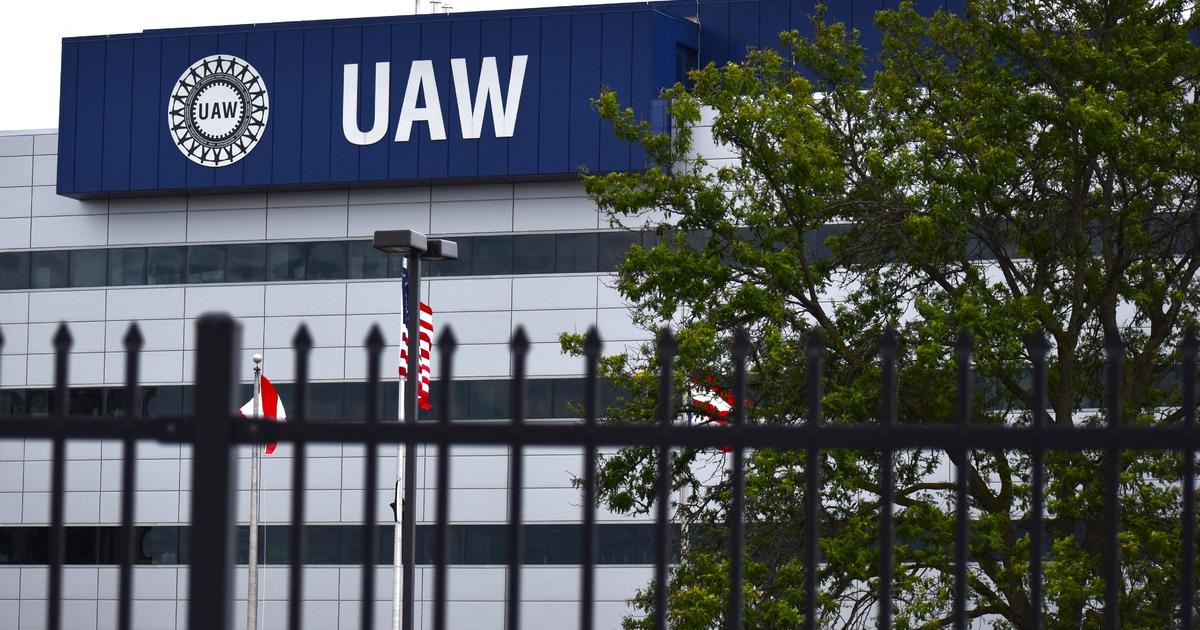All the president's apologists: Defending Trump by attacking the truth
The January 6th hearings that ended Thursday have taken place during the same summer months that, 235 years ago, the founders devoted to writing the Constitution. On this very day in 1787, the delegates in Philadelphia discussed the creation of the Electoral College, the process of picking presidents that rioters tried to interrupt on January 6th, 2021.
Like this summer's hearings, the founders obsessed about a chief executive who would use the power of office to stay in power.
The founders knew humans were deeply flawed, but in the end they knew the experiment would only succeed if some share of those who participated in government had a moral core. "Is there no virtue among us?" asked James Madison. "If there be not, we are in a wretched situation … No form of government can render us secure."
The hearings showed that there is virtue among us: The Capitol Police, Justice Department officials, Republican governors and state officials, Vice President Pence, White House aides … all showed it.
But like the final episode of a hit drama, you can feel the seeds of a sequel that will challenge the heroes all over again, because many of the political habits that led to January 6th are displayed in the response of Trump loyalists to the hearings about January 6th: Diversion ... distraction ... lying.
- Arizona GOP censures Rusty Bowers, who testified before Jan. 6 House committee
- House Republicans question former news executive's work for Jan. 6 committee
It's why conservative judge Michael Luttig testified that Donald Trump and his supporters "are a clear and present danger to American Democracy."
The hearing this past week offered a clear example of the instinct of accommodating the inexcusable. The committee outlined how, on January 6, President Trump did nothing for three hours to stop the rioting at the Capitol, despite the presidential obligation "to preserve, protect and defend."
But Donald Trump was like a fire chief who did nothing more than warm his face in the flames.
By the standard of any profession, a failure this grave would disqualify a person from the job. But to speak that plain truth out loud in the party Donald Trump leads would cripple your reputation in the party, just as it has Liz Cheney's.
Instead, the conditioned response is to distract. So, the office of the third most powerful member of House Republican leadership tweeted about the hearing: "All hearsay." It wasn't! Trump officials were under oath recounting their direct experience trying to get the president to act.
But by attacking the witnesses, Trump defenders admit that they have no evidence he did his job.
At issue is more than the actions (or inaction) of a single president, but the standards of the presidency, and whether a large portion of those who the founders relied on to maintain those standards have become practiced in lowering them … or casting them aside entirely.
For more info:
Story produced by Young Kim. Editor: Chad Cardin.
See also:






